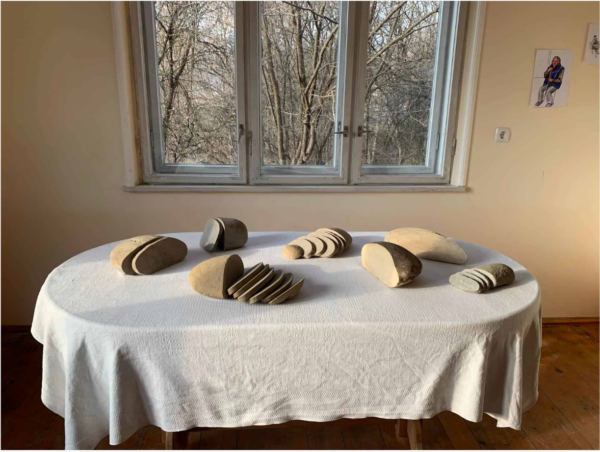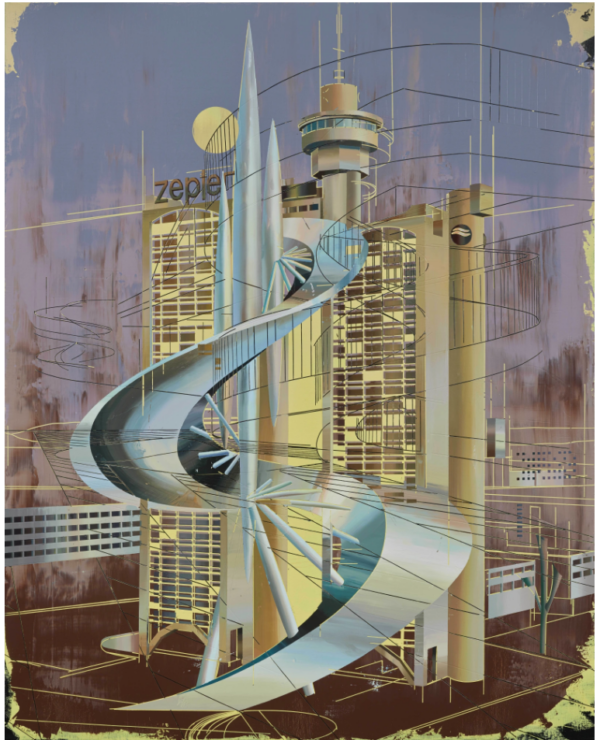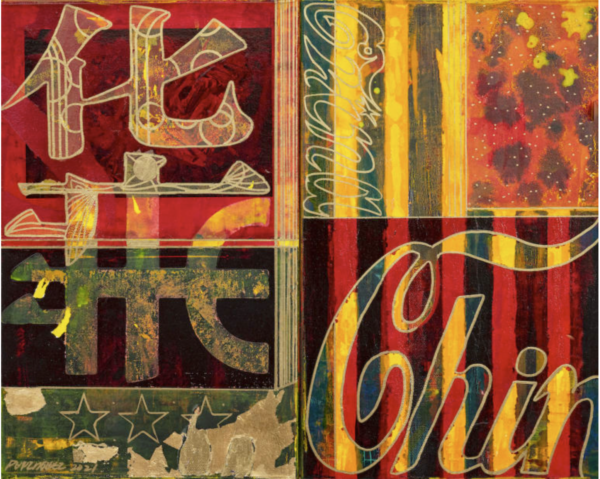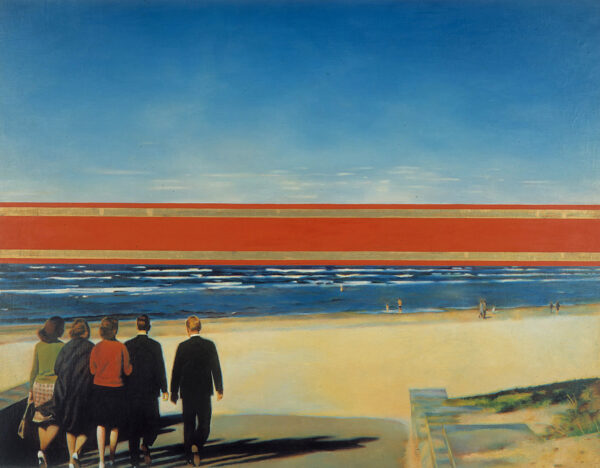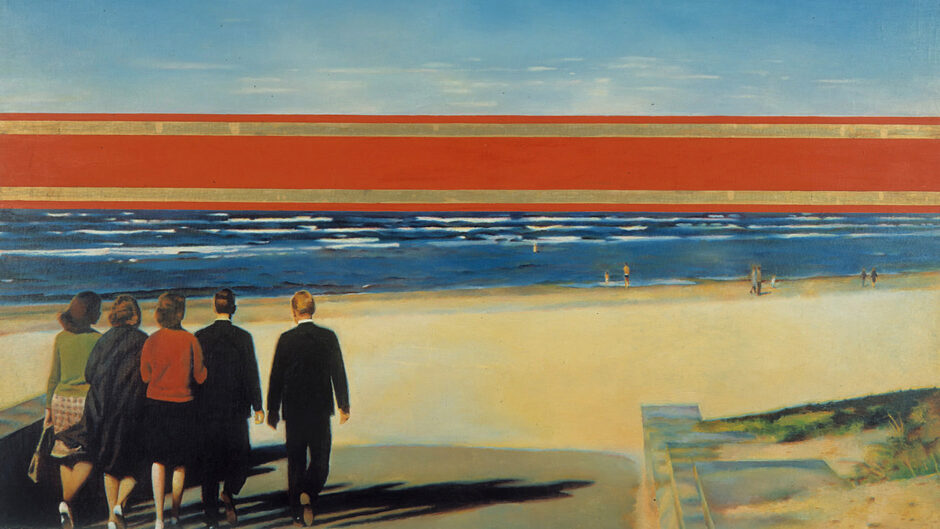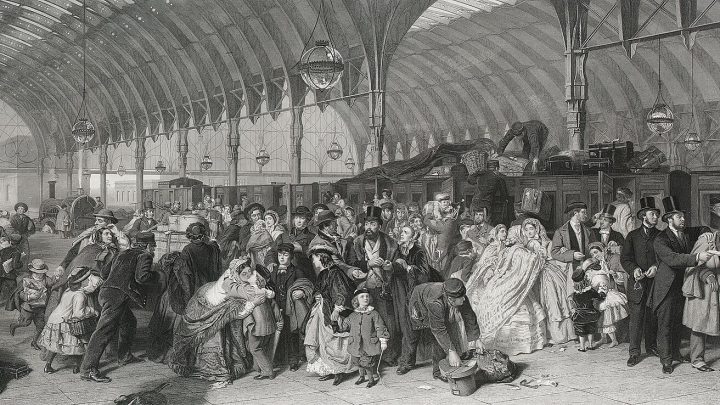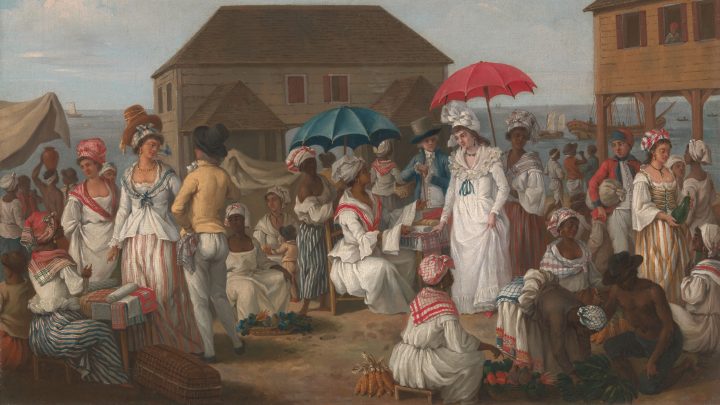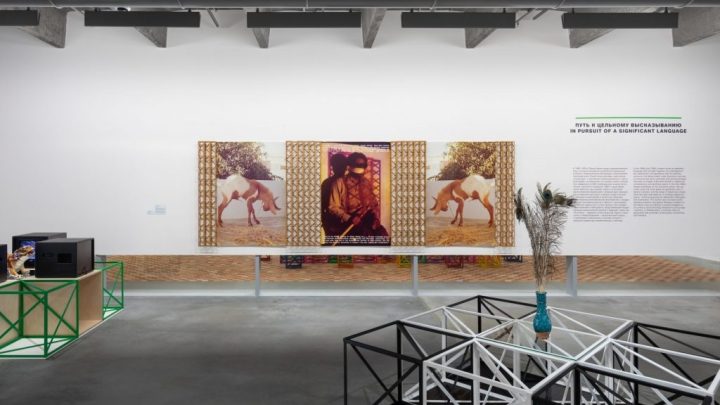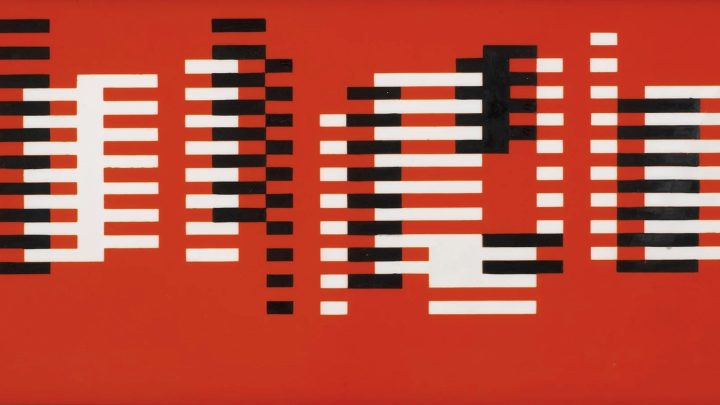This co-taught Special Option combines:
- Countercultures: Alternative Art In Eastern Europe, Prof Klara Kemp-Welch
- Beyond Utopia: Soviet And Post-Soviet Art, Dr Maria Mileeva
- Global China: Contemporary Chinese Art And Infrastructure, Dr Wenny Teo
The fall of the Berlin Wall in 1989 was widely believed to have signalled the end of the Cold War, the triumph of a global capitalist system and the end of socialism. But in recent years, growing awareness of economic and systemic inequalities, institutional racism, environmental degradation and military conflicts have generated a renewed interest in social justice, collective action and cultural activism. Our world is ever more polarised, fuelled by culture wars and the rise of authoritarian and right-wing governments. How did we end up where we are? Are socialist dreams of equity and international solidarity really dead? How have artists from countries that have experienced ‘actually existing socialism’ contributed to debates around decoloniality, identity, environmentalism and the redistribution of wealth? Reflecting on these and other shared areas of concern, this course takes a trans-national view of the histories and legacies of socialism in the art and visual culture of Eastern Europe, the USSR, Central Asia and the People’s Republic of China, from 1917 to the present day.
In Semester One, the whole group of around 30 students will be co-taught by the three module leaders. The autumn is devoted to a thematic survey of intersections between art and politics in the period leading up to the fall of the Berlin Wall in 1989. Beginning with an introduction to the geopolitics of socialism, we examine the impact of the 1917 October Revolution on cultural production, and key events in the expansion of Communist influence, such as the Yalta Agreements and the descent of the ‘Iron Curtain’, the Chinese Cultural Revolution, decolonisation and the formation of the Non-Aligned Movement. We then turn to key moments in the history of opposition to communist rule and the struggle for change from below, examining underground culture from the Prague Spring to the collapse of the USSR in 1989-91.
In the spring, students divide into three smaller special interest groups of around 10 students each to focus specifically on one of our three core regions of expertise (the former USSR, Eastern Europe, China), examining contemporary art practices from 1989 to the present day. These seminars centre on modes of artistic resistance, migration, race, gender, ecology, political critique and social justice across a variety of media, including performance, documentary, video, digital art and installation. Students will be assigned to a Semester Two strand mid-way through Semester One.
The course welcomes all students who are interested in exploring these themes. The course is designed to support students in pursuing innovative independent exhibition and research projects, and will involve museum visits and a study trip abroad.
Course leaders: Professor Klara Kemp-Welch, Dr Maria Mileeva, and Dr Wenny Teo
In the event that a course leader is on sabbatical, takes up a fellowship, or otherwise is not able to teach the course, they will be replaced by another experienced course leader either for a semester or, in some cases, the academic year.
